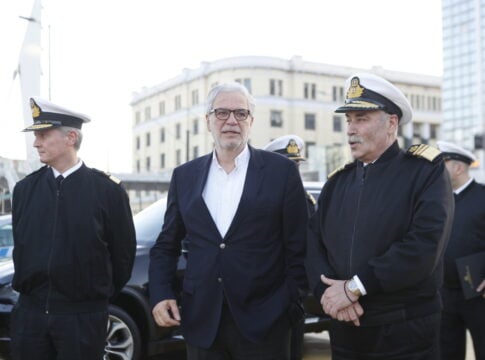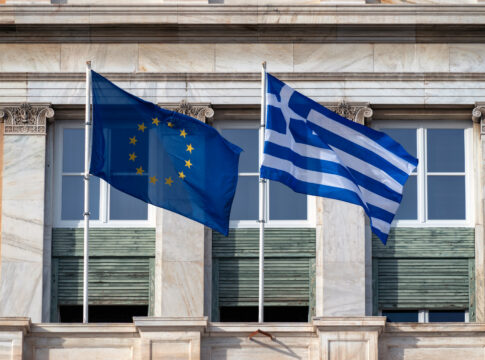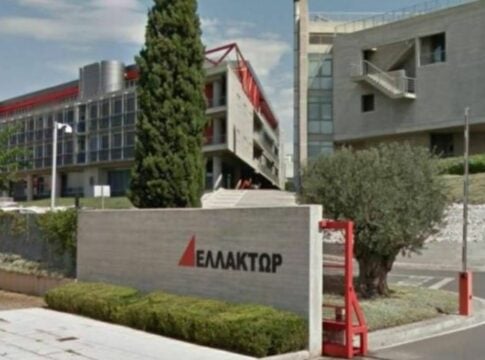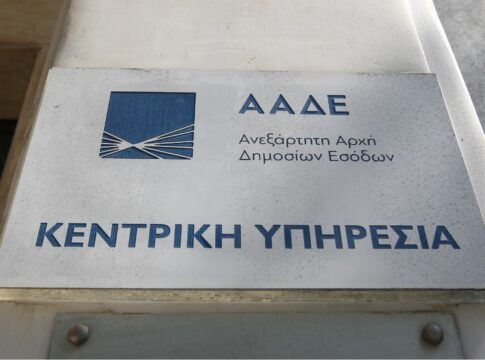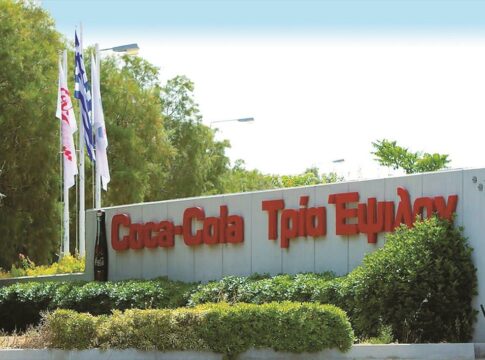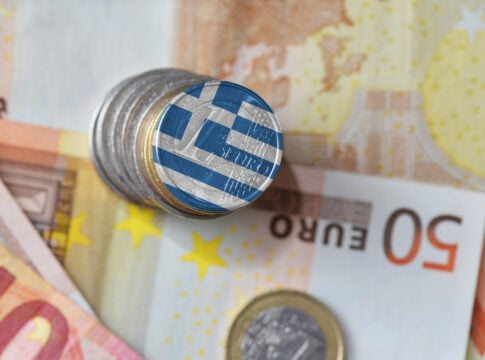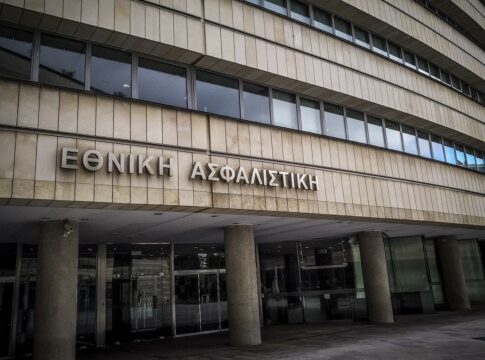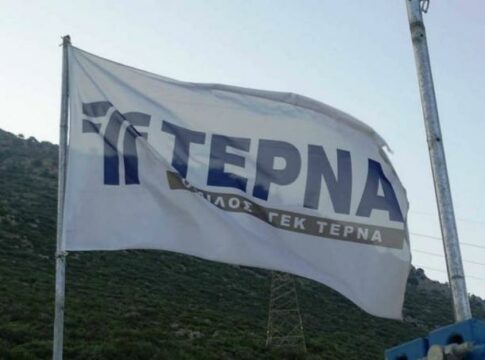The construction of an underwater and terrestrial EMC (East To Med Data Corridor) data transmission cable system connecting Asia to Europe enters the construction phase following the recent signing of the financing agreement.
EMC will be developed in two phases. The first that has been launched is an investment of approximately 550 million euros. The project essentially concerns two cables with the first one starting from Marseille. It will stop in Greece (Crete and Athens) and stretch to Saudi Arabia. The second will follow approximately the same route starting from Genoa.
The operator of the cable system includes Saudi Telecom (STC – the Saudi provider of telecommunications services in the Kingdom of Saudi Arabia and among the main providers in the Middle East) with 72%, PPC with 25% and Telecommunication Telephony Satellite Applications – TTSA (telecommunications company based in Greece and offices in Cyprus and Switzerland) with 3%.
The construction of the EMC has geopolitical and technological interest, but also financial interest as it is the first time that Greek banks finance an international project with the specific characteristics.
Among other things, special expertise was developed by the National Bank in Greece and Cyprus (the implementing body of the EMC is based in Cyprus) so that the syndicated loan it provides in collaboration with Piraeus Bank, Alpha Bank and the Saudi Arabian bank Aljazira is aligned with the Sharia Compliant.
The process developed paves the way for Greek banks to enter other similar international projects. According to sources, a syndicated loan type Project Financing (financing of a project and not a company) was signed between the interested parties for a total amount of 340 million euros. The head of the lending banks is the National Bank, which lends EMC 165 million euros, 65 million is the participation of Piraeus, 50 million the participation of Alpha Bank, while Aljazira participates with 50 million euros. 40% of the cost of the project is covered by its constructors, depending on their percentage in the implementing body.
The signing of the bank financing contract marks the start of the construction of the EMC provided that an agreement has already been concluded with Alcatel Submarine Network (the largest manufacturer of such cables). The construction of this cable system will take 40 months.
Based on the plan, EMC will be extended to India (second phase of the project). The discussion on the extension has started and Eurobank (the only systemic bank not participating in the financing of the project) has reportedly expressed interest in participating in the next loan agreement.
The foundations for this cooperation between Greece and Saudi Arabia were laid in October 2021 when Prime Minister Kyriakos Mitsotakis presented the EMC project to the Crown Prince of Saudi Arabia, Mohammed bin Salman. The memorandum of cooperation between STC, PPC and TTSA (initially the Cypriot Cyta participated in the project, which then withdrew) was signed in April 2022. One month later, the main terms of the agreement (Head of Terms) were signed in Athens, during the 5th Joint Interministerial Committee of Greece – Saudi Arabia, with a clear reference of the EMC in the Interministerial Protocol. This was followed in July 2022 by the signing of the Shareholders Agreement during the Crown Prince of Saudi Arabia’s official visit to Athens and his meeting with Mitsotakis.
A key feature of the EMC is the passage from Saudi Arabia to the Mediterranean via Greece. This crossing is the new route that will connect Asia with Europe. All existing cables pass through Egypt, mainly via Suez, ending in Marseille. It will be a strategically alternative route that will transfer data much faster, more securely and with much less delay, compared to existing previous generation infrastructures.
In Greece, EMC will contribute to the creation of the appropriate conditions and infrastructure for the development of new business opportunities in the field of cyber security and major data centers, while it will contribute positively so that other cable systems currently in the planning phase will include Greece on their map.
Having a significant percentage in the project, PPC is expanding its footprint in telecommunications internationally and beyond the optical fiber network that it has started to build in the land part of the country.
At the same time, it is a project that strengthens Greece’s cooperation with Saudi Arabia, which aims to become a Regional Digital Hub, positioning Greece as the “Eastern Data Gateway of the European Union”, between Europe and the Middle East, Africa and Asia.
The above developments are part of a “submarine cable diplomacy”, which is of pivotal importance to the geopolitical order, while ensuring the digital upgrade.





